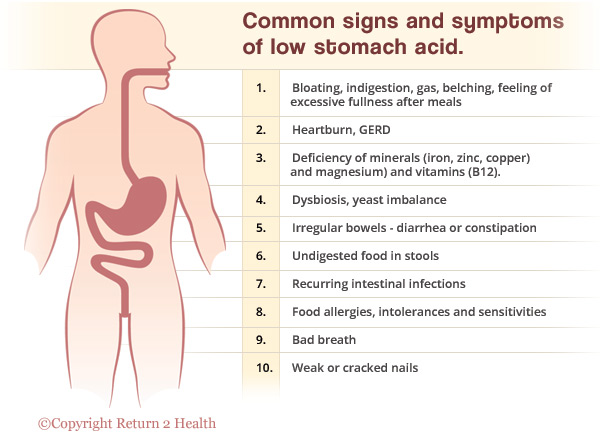|
CONTACT US TODAY
8450 Hickman Road, Suite 16 Clive, Iowa 50325 515-897-7900 OFFICE HOURS Dr. Welch - BY APPOINTMENT Monday to Thursday |
SERVICES WE OFFER
Advanced Functional Health Alternative Medicine Holistic Medicine Science Based Nutrition Neurological Rehabilitation Diagnostic Testing Comprehensive Lab Analysis Clinical Nutrition Food Sensitivity Testing DUTCH hormone testing LLLT (Low level light therapy) Brain Gauge Assessments Heart Rate Variability Assessments |
WE CAN HELP
Unresolved Stress Diabetes Thyroid Problems Autoimmune Conditions Hormone Imbalances Depression Memory Problems Migraines Chronic Fatigue Peripheral Neuropathy Multiple Sclerosis |
PAYMENTS WE ACCEPT
Major Credit Cards, HSA and FSA. Financing programs through Coach Funding are available, OAC. Copyright Iowa Functional Health, LLC. All Rights Reserved Iowa Functional Health is an alternative health provider in Des Moines, Iowa. PRIVACY POLICY DISCLAIMERS The information on this website has not been evaluated by the FDA and is not intended to treat, cure, or prevent any disease. |


